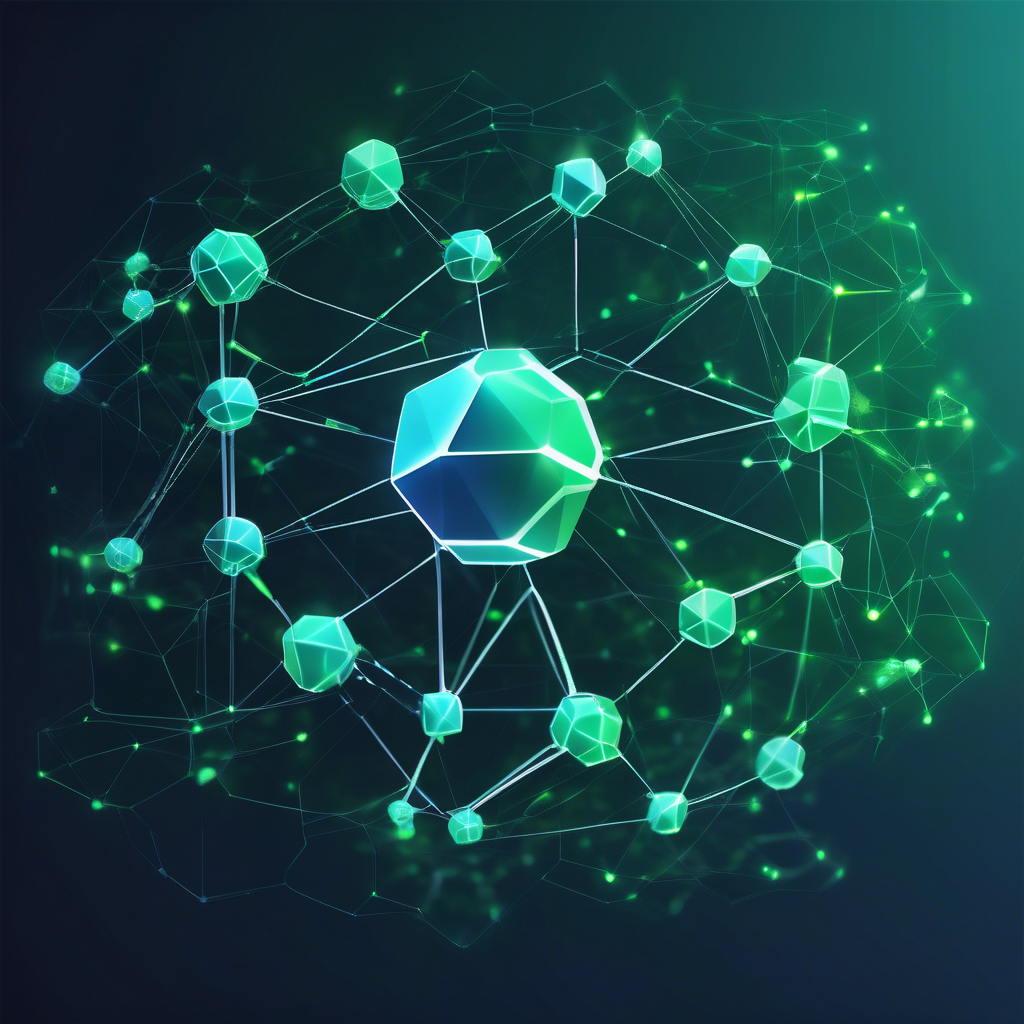None

Exploring Optimal Ways to Make a Positive Impact The potential financial rewards in the field of Artificial Intelligence (AI) are substantial. This is not merely wishful thinking from startup founders looking to capitalize on the latest trend; prominent economists are also predicting a significant surge in productivity as the use of AI becomes more prevalent. Empirical research has shown that AI tools like ChatGPT can enhance worker output. However, unlike tech founders of the past who sought maximum control over their companies to maximize financial gains, AI founders are adopting a different approach. They are experimenting with innovative corporate governance structures that compel them to consider nonmonetary factors. Demis Hassabis, the founder of DeepMind, agreed to sell his company to Google in 2014 only after Google committed to an independent ethics board overseeing the use of DeepMind's research. The effectiveness of this board in practice is subject to debate. OpenAI, the creator of ChatGPT, operates as a nonprofit organization that owns a for-profit subsidiary with "capped" profits. First-round investors stop earning profits after their shares increase in value a hundredfold, with additional profits beyond that being allocated to OpenAI's nonprofit endeavors. While a 100x return may sound exaggerated, it is worth noting that venture capitalist Peter Thiel earned over 2, 000x return on his $500, 000 investment in Facebook when the company went public. If OpenAI achieves even a fraction of that success, the surplus profits channeled back to the nonprofit sector would be considerable. In another approach, Anthropic, the developer of the chatbot Claude, is relinquishing majority control over its board to an independent trust composed of trustees responsible for prioritizing safety over profits. These attempts by AI founders to establish novel governance models demonstrate a sincere desire to ensure economic gains from AI technology are broadly distributed. On Wednesday, these three companies, along with Microsoft, announced the formation of a new organization aimed at self-regulating the AI industry. It remains uncertain which, if any, of these models will be successful in producing safe and reliable advanced AI. However, the willingness of AI founders to explore alternative governance structures raises hope that it might, with some luck, lead to widespread distribution of the potentially significant economic benefits derived from AI technology. There are three main avenues through which profits generated by AI companies could benefit the general public. Firstly, and most crucially in the long term, is taxation. Various forms of capital income, such as AI company profits, can be taxed, and the resulting proceeds can be redistributed through social programs. Secondly, charitable initiatives could play a role, with Anthropic, for instance, actively encouraging employee donations and offering a 3-1 match on donated shares. Lastly, AI companies themselves could choose to contribute a substantial portion of their profits. The "Windfall Clause, " outlined in a landmark 2020 paper released by the Centre for the Governance of AI in Oxford, proposes that AI firms make a voluntary but binding commitment to donate a defined percentage of profits above a certain threshold to charitable organizations.
The suggested thresholds would be tied to profits as a share of the global economic output. While specifics need further consideration, this proposal is not intended to replace taxes for regular-scale companies. Instead, it aims to establish obligations for companies that achieve exceptional and remarkable success. An important aspect that requires clarification is where the donated funds should be allocated. The authors stress the complexity of this decision, questioning whether all states should receive equal shares or if distribution should be based on each state's population or level of need. These questions are numerous and demand careful thought. Personally, I have not dedicated as much time to contemplating the specifics of windfall clauses as the authors of the mentioned paper. Furthermore, when the paper was published in early 2020, OpenAI's GPT-3 had not yet been released. Nonetheless, I find their proposal promising, and I believe action should be taken in the near future. If AI truly proves to be a transformative technology, and if there are companies making profits equivalent to 1 percent or more of the worldwide economy, it is likely that attempts to equitably distribute these windfalls across the globe will be met with fierce opposition from such companies. Presently, as these benefits are purely speculative, the cost of relinquishing monopolized gains would be minimal. In the worst-case scenario, those advocating for these measures might appear misguided, which is a small price to pay. Regarding the distribution of these funds, I suggest a simple approach. The windfall should be distributed as a universal basic income to as many individuals worldwide as possible, with regular monthly payments. The AI company should collaborate with host country governments to provide the necessary funds for this purpose and commit to audits ensuring that the money is used accordingly. In cases where triage is needed, resources should be directed towards the poorest countries that possess sound financial infrastructure (such as the presence of reliable mobile payment solutions like M-Pesa in central Africa). Direct cash distributions to individuals mitigate the risk of fraud and abuse by local governments, and they avoid contentious disputes about the values guiding the AI company's donations. Moreover, when compared to wealthy countries imposing corporate profit surtaxes that allocate negligible proportions to impoverished individuals abroad, a global UBI program would be a significant victory for people in developing nations. Of course, urging the establishment of a global UBI program is a much simpler task for me as a writer. It will require substantial effort to put it into action. However, I firmly believe that it is worthwhile work and presents a remarkably non-dystopian vision for a world enhanced by transformative AI. Please note that an error occurred. Please enter a valid email and try again.
Brief news summary
None
AI-powered Lead Generation in Social Media
and Search Engines
Let AI take control and automatically generate leads for you!

I'm your Content Manager, ready to handle your first test assignment
Learn how AI can help your business.
Let’s talk!
Hot news

Apple's AI Executive Joins Meta's Superintelligen…
Ruoming Pang, a senior executive at Apple who heads the company’s artificial intelligence foundation models team, is departing the tech giant to join Meta Platforms, according to Bloomberg News reports.

Ripple Applies for U.S. Banking License Amidst Cr…
Ripple has recently submitted an application for a Federal Reserve master account through its newly acquired trust company, Standard Custody.

AI in Autonomous Vehicles: Overcoming Safety Chal…
Engineers and developers are intensively working to resolve safety issues related to AI-driven autonomous vehicles, especially in response to recent incidents that have sparked widespread debate on the reliability and security of this evolving technology.

SAP Integrates Blockchain for ESG Reporting in ER…
SAP, a global leader in enterprise software, has announced a crucial enhancement to its enterprise resource planning (ERP) systems by integrating blockchain-based Environmental, Social, and Governance (ESG) reporting tools.

Middle Managers Diminish as AI Adoption Increases
As artificial intelligence (AI) rapidly advances, its influence on organizational structures—especially middle management—is becoming increasingly clear.

The Blockchain Group Bolsters Bitcoin Reserves Wi…
The Blockchain Group Strengthens Bitcoin Holdings Through $12

Kinexys Launches Carbon Market Blockchain Tokeniz…
Kinexys by J.P. Morgan, the firm’s leading blockchain business unit, is developing an innovative blockchain application on Kinexys Digital Assets, its multi-asset tokenization platform, aimed at tokenizing global carbon credits at the registry level.

 Auto-Filling SEO Website as a Gift
Auto-Filling SEO Website as a Gift








 Auto-Filling SEO Website as a Gift
Auto-Filling SEO Website as a Gift

